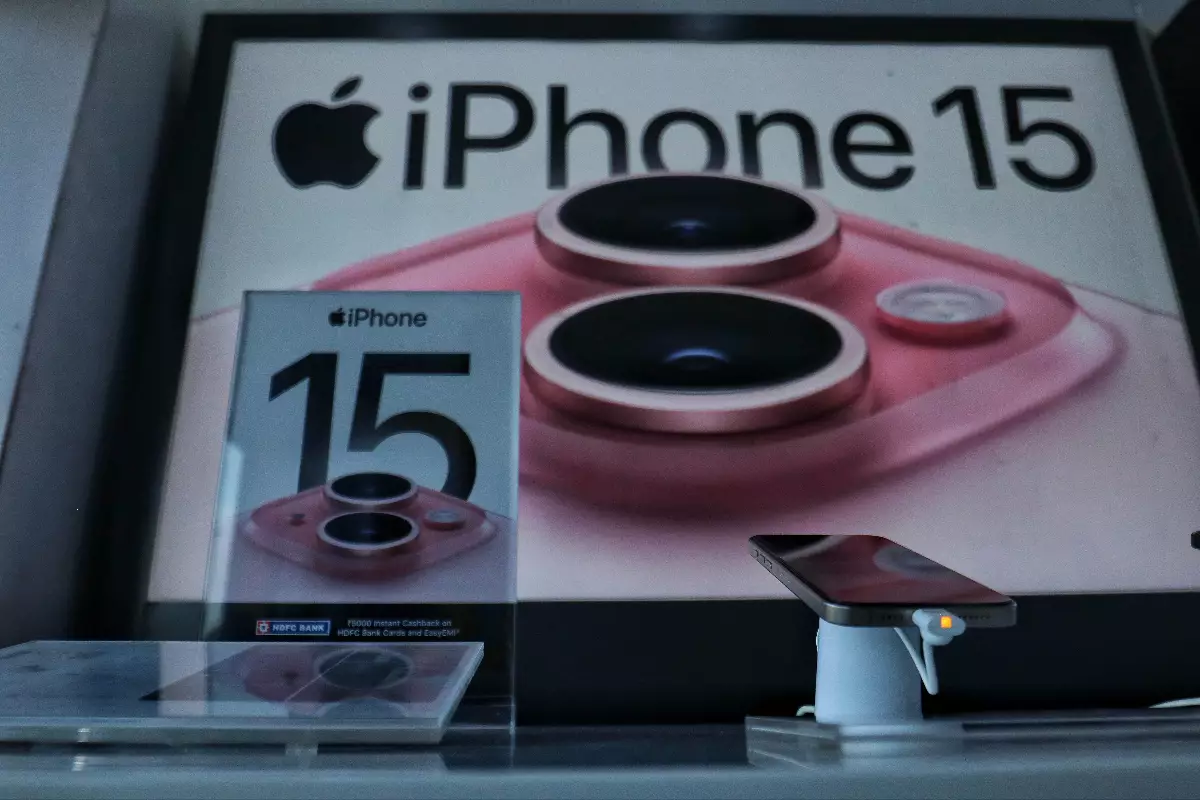Apple’s recent decision to shift its iPhone manufacturing to India marks a significant turning point in its operational strategy. This move aligns with broader market trends that emphasize diversification, particularly in light of rising tensions in global trade. As U.S. corporations look for stability against tariff increases and other geopolitical risks, India’s burgeoning manufacturing sector offers both a skilled workforce and competitive costs. Reports suggest that Apple already produces roughly 20% of its iPhones in India, indicating a growing commitment to the region as a viable alternative to China.
Trade Tensions and Political Pressure
However, this shift hasn’t come without its complications. U.S. President Donald Trump’s recent remarks at a business summit in Doha highlight the political pressures surrounding American companies operating overseas. Trump’s phone call with Apple CEO Tim Cook underscores his dissatisfaction with the company’s strategy of expanding in India while reducing dependence on U.S.-based manufacturing. “You’re my friend,” Trump said, convincing Cook to prioritize U.S. production. Yet, such expectations from a sitting president raise a pertinent question: is it prudent for any business to bend its strategy to accommodate political whims?
The Economic Reality
Trump’s approach seems to overlook the complex economic realities that drive corporate decisions in the twenty-first century. Manufacturing in the U.S. is significantly more expensive than in countries like India, where labor costs are lower. Even though Apple has pledged to invest $500 billion over the next four years in U.S. manufacturing—creating new facilities and jobs—the math simply doesn’t add up if the goal is to maximize margins while remaining competitive. This situation reveals the inherent tension between economic pragmatism and political pressures, creating a potential conflict for companies like Apple.
A Fragile Balance
Moreover, Trump’s criticism comes at an interesting juncture for Apple. The company is leveraging India not just as a manufacturing hub but also as a massive consumer market. With a large population that is increasingly embracing digital technology, Indian consumers represent a crucial growth opportunity for Apple. Balancing these aspects—expanding in India and appeasing U.S. political figures—will require nuanced navigation from Cook and his team.
Looking Ahead: A Fork in the Road
As Apple continues to walk this tightrope, the stakes couldn’t be higher. The company’s ability to balance its global manufacturing footprint with U.S. expectations will test its leadership and vision. The larger question is whether it is wise for Apple or any tech giant to design its strategy around transient political sentiments. The future of global commerce hinges on more than just tariffs; it is about creating sustainable, efficient operations that can withstand the winds of political change while staying committed to long-term growth objectives.

